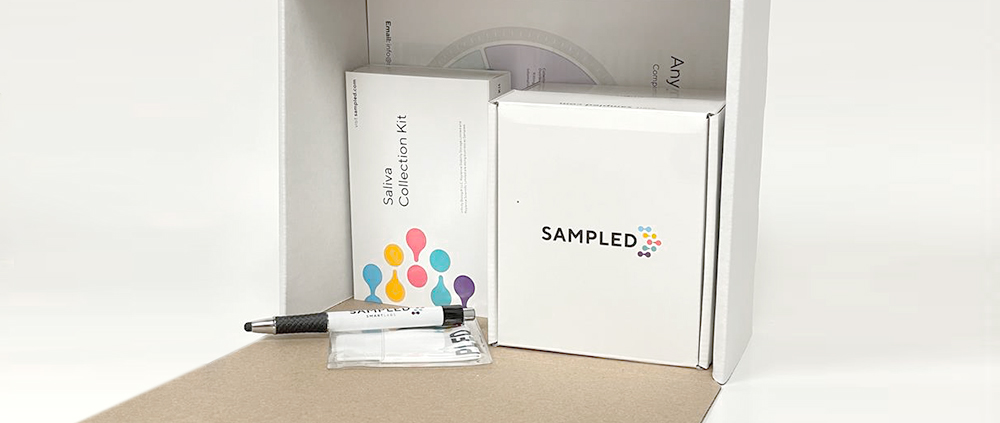iPSC Services
Sampled offers a range of induced pluripotent stem cell (iPSC) services, including iPSC reprogramming, gene editing, expansion, quality control (QC) and neural progenitor cell (NPC) differentiation, ensuring precise and reliable results for academic and industrial research.
What Are Sampled’s iPSC Services?
Sampled’s iPSC services include a versatile range of solutions for researchers in academia and industry.
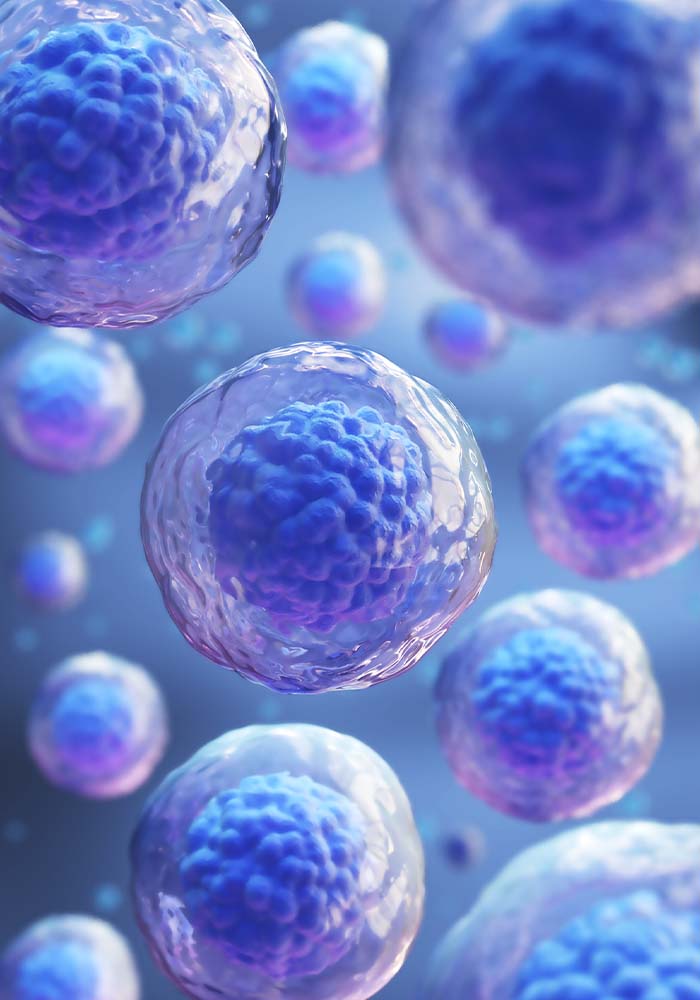
iPSC Reprogramming
Our iPSC reprogramming service efficiently reprograms somatic cells into iPSCs, supporting various research applications. Sampled’s experienced team can derive iPSCs from diverse cell types and perform robust QC on clones to generate suitable iPSCs for further experimentation and analysis.
Sampled customizes its iPSC reprogramming services based on the client’s needs, considering the source material, number of clones, QC requirements, and scale. Source material options include blood and other tissue types. QC includes standard checks, such as sterility and mycoplasma testing, as well as optional QC, such as karyotyping and pluritest arrays. The timescale varies according to client requirements, with single clones taking 3-4 months and three clones with full QC taking 6-8 months, depending on the source material.
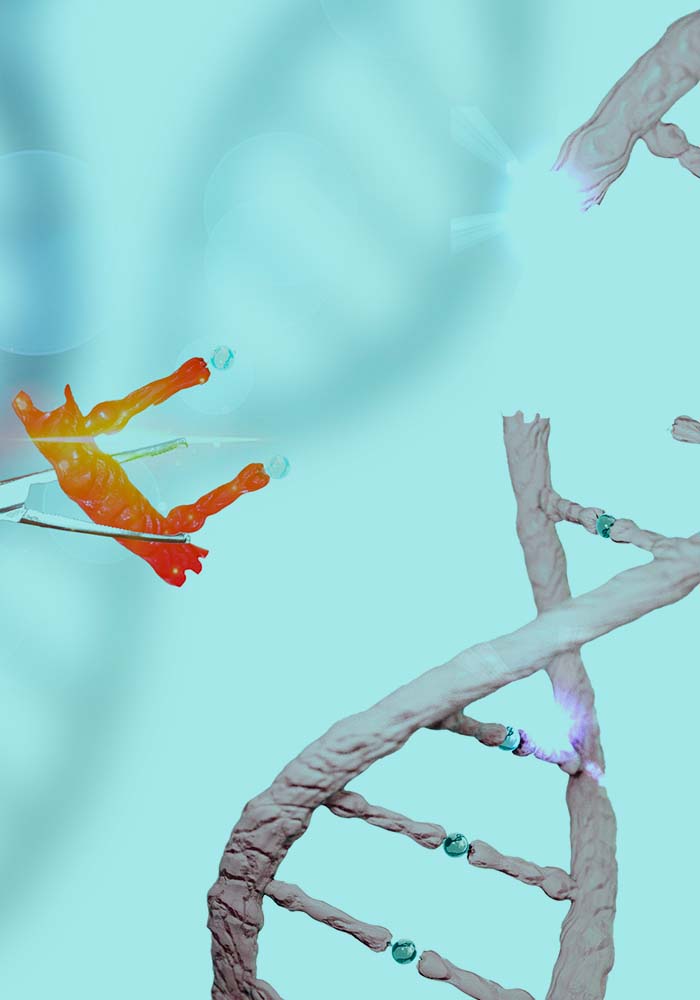
iPSC Gene Editing
Sampled offers iPSC gene editing services, allowing precise alterations in genes using clustered regularly interspaced short palindromic repeats (CRISPR)-Cas9 technology. Whether single nucleotide changes, small insertions, small deletions, or full gene knockout, our experts ensure accurate modifications through rigorous QC. We provide a CRISPR-Cas9 control line free of charge so you have a true control for your future experiments.
At Sampled, we tailor our iPSC gene editing service to meet our clients’ specifications, covering edit types, clone quantities, additional iPSC QC preferences, and scale options. Editing involves transfecting cells with CRISPR-Cas9 machinery using electroporation and the RNP method. QC encompasses various checks, from single-cell screening using Sanger sequencing to next-generation sequencing, to ensure genome integrity. Additional QC steps are available, including karyotyping and pluritest array. The timescale varies with client needs, typically taking 6-8 months for two-nucleotide edits with standard QC.
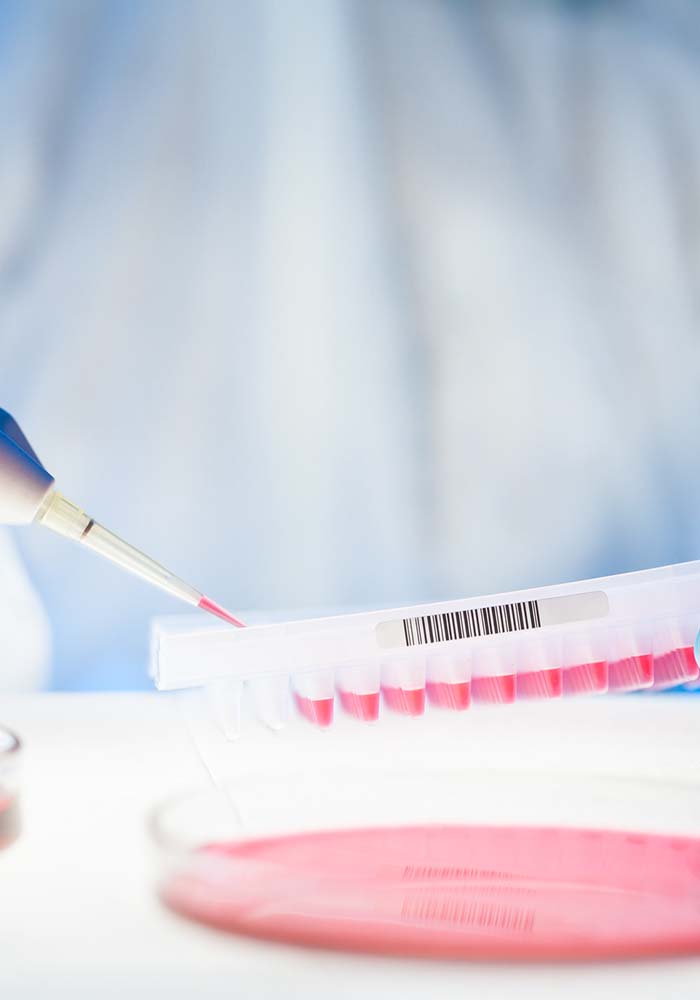
iPSC Expansion
iPSC expansion involves the growth of an iPSC cell line in culture to create a high number of cells for storage and future use. Having a secure and sufficiently large bank of frozen cells means you always have something to fall back on in case the worst happens. iPSC expansion also increases the reproducibility of results by ensuring the passage number of cells does not vary significantly across replicates and provides sufficient raw materials for any future analysis.
At Sampled, we offer comprehensive iPSC expansion services, with options for client-arranged or our own courier services. Upon receipt, cells are promptly processed and maintained under optimal conditions. We conduct thorough QC, including viability and sterility tests, with additional options based on client needs. iPSCs are expanded to ensure sufficient stock and stored at −196°C/−320°F in liquid nitrogen vapor phase for long-term security. Our logistics team efficiently ships vials to clients on demand, guaranteeing the integrity and availability of high-quality cells whenever needed.
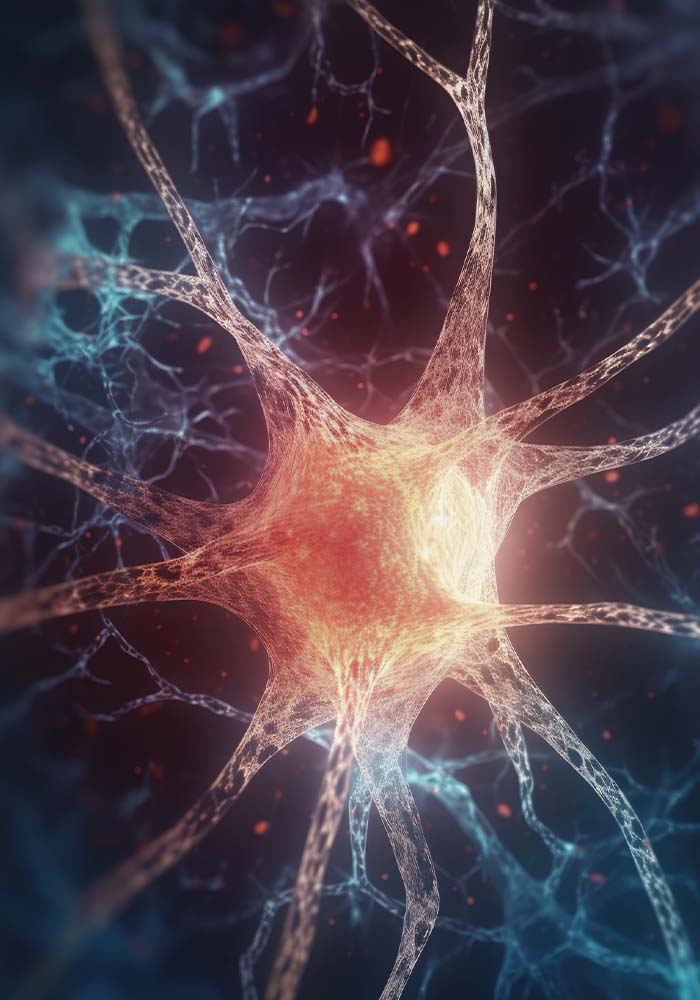
NPC Differentiation
Collaborating with NeuraCell, Sampled offers NPC differentiation services, where iPSCs are differentiated into multipotent NPCs of the cortical lineage. Our clients receive 16-20 vials per cell line and benefit from rigorous QC analysis. Sampled also has neural progenitor cells of certain diseases and control subjects in stock for immediate distribution, depending on our client’s needs.
At Sampled, we also tailor our NPC differentiation service to meet clients’ requirements. This includes the choice of source material (iPSCs or other source cells) and offering validated NPCs. QC involves a proliferation assay, quantitative PCR (qPCR), and immunohistochemistry to confirm neural progenitor characteristics. Further QC options are also available. The typical turnaround time is 3-4 months, depending on the service, with clients receiving 16-20 vials of neural progenitor cells at the end.
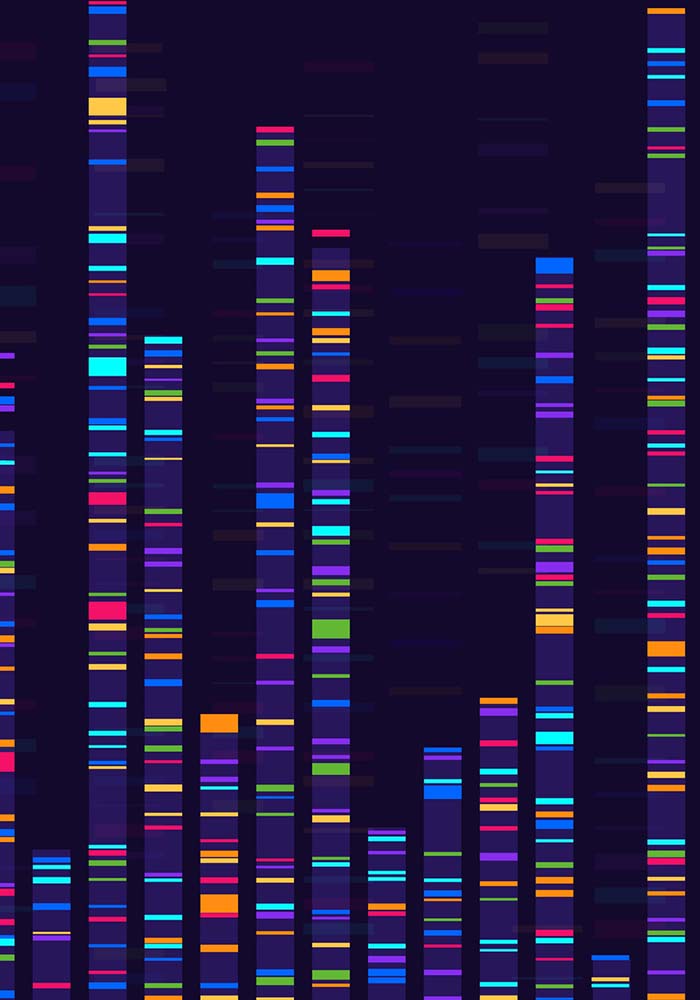
iPSC Quality Control
Sampled’s iPSC QC ensures the highest-quality products for research. We perform comprehensive QC, evaluating essential iPSC characteristics and conducting generic cell line QC tests, such as mycoplasma testing and cell viability. This commitment to quality supports our clients in their research endeavors.
Sampled offers various levels of QC to meet clients’ needs, including standard and optional tests. For iPSC gene editing QC, Sanger sequencing is used to screen single-cell sorted clones to identify the correct edit and to confirm no off-target effects on edited lines. Next-generation sequencing (NGS) is also performed to confirm the homogeneity of the culture. iPSC QC includes testing for sterility, mycoplasma contamination, viability, stem cell marker by FACS, and alkaline phosphatase staining. Optional QC steps encompass karyotyping, embryoid body formation, pluritest, Sendai persistence, episome persistence, and CNV array, all of which can be tailored to clients’ preferences and requirements.
Why Use Sampled’s iPSC Services?
Expertise
Our dedicated team stays at the forefront of technological advancements, ensuring the delivery of top-quality services. With a wealth of experience and technical expertise, we excel in the intricate and lengthy processes of iPSC reprogramming, gene editing, expansion, QC, and NPC differentiation.
Time- and Cost-Efficiency
Developing iPSC methodologies in-house can be time-consuming and expensive, requiring technician training and extensive troubleshooting. By outsourcing to Sampled, you can allocate your resources to other crucial areas of research, confident that your samples are in the hands of global experts equipped with state-of-the-art processes.
Quality Control
Sampled offers stringent QC processes tailored to your specific needs. Effective QC is pivotal for successful iPSC experiments, ensuring reliability and precision in your research.
Guaranteed Results
We guarantee our services will deliver the desired clones, whether it’s iPSC gene editing, iPSC reprogramming, or NPC differentiation. Our expert team conducts thorough screening until the right clones are generated, assuring the success of your research.
Trusted
As the sole repository for the National Institute of Neurological Disorders and Stroke (NINDS) and the National Institute of Mental Health (NIMH), Sampled is trusted by our clients to provide reliability and excellence in our iPSC services.
World-Leading Collaboration
By collaborating with NeuraCell, led by renowned developmental neuroscientist Dr. Sally Temple, co-founder of the Neural Stem Cell Institute at Rensselaer, NY, Sampled aligns with leading experts in neuroscience, ensuring top-tier service for all your neural progenitor cell differentiation needs.
iPSC Services Applications
The applications for our iPSC services are research-only, and we work with both non-profit and for-profit institutes.
Applications for our iPSC services include:
- Research studies
- Biomarker discovery
- Population health studies
- Agrigenomics
- Disease modeling
- Development modeling
- Clinical trials
- Drug discovery
What Are the Input Requirements for iPSC Services?
Here at Sampled, we can carry out a range of services on iPSCs generated in-house or sent by our clients.
Find out more about Sampled’s iPSC services
Do you want to perform iPSC experiments such as NPC differentiation or iPSC gene editing but lack the technical know-how? Get in touch with one of Sampled’s experts today to discover how we can help you expedite your research with our iPSC services.

